Former US under secretary of state for African affairs Tibor Nagy says “Africa is not the future. Africa is the present.”
By The Editorial Desk – The Independentist
In a lecture delivered at Texas State University in early 2023, former U.S. Assistant Secretary of State for African Affairs, Ambassador Tibor P. Nagy, offered a powerful assessment of Africa’s place in global affairs. His message was direct:
“Africa is not the future. Africa is the present.”
Coming from a veteran diplomat with decades of experience across the continent, this was not mere optimism. It was a challenge to policy-makers—particularly in the United States—to rethink how they engage with African nations, populations, and political realities.
That challenge resonates not only across the continent but also among historically marginalized communities like the people of Ambazonia—the former British Southern Cameroons—who continue to press their case for international recognition amid a long-standing and complex conflict with the state of Cameroon.
Reforming the Machinery of U.S. Aid
In the halls of Congress, Senator Marco Rubio has emerged as a leading voice calling for major reforms to USAID, the primary agency for U.S. foreign assistance. His critique is focused, bipartisan, and increasingly relevant.
According to Rubio, American aid too often fails to reach local communities, instead being absorbed by layers of contractors, consultants, and administrative costs. He proposes a streamlined, results-oriented model that empowers trusted, on-the-ground actors—those with local legitimacy, not just institutional credentials.
“The problem is not that we are doing too much,” Rubio argues, “but that we are doing too little that actually works.”
This position aligns with rising calls from African civic leaders, entrepreneurs, and academics who argue that development must be bottom-up, not top-down.
The Case of Ambazonia: Between Aid, Conflict, and Recognition
In this context, the struggle of the Ambazonian people—a population rooted in the former UN Trust Territory of British Southern Cameroons—presents a case study that challenges traditional U.S. foreign policy frameworks.
Since 2017, an armed conflict has raged between separatist forces in Ambazonia and the central government of La République du Cameroun. Reports from the United Nations, Human Rights Watch, and Amnesty International have documented widespread displacement, school closures, and alleged human rights abuses on both sides of the conflict.
The government of Cameroon maintains that it is fighting a terrorist insurgency and working to restore national unity.
On the other hand, Ambazonian leaders in exile, including President Dr. Samuel Ikome Sako, argue that their people are victims of structural repression and an unresolved colonial legacy. They cite the lack of a formal treaty of union, the erasure of Anglo-Saxon legal and educational systems, and repeated military campaigns as evidence that Ambazonia is a distinct entity with a right to self-determination.
Dr. Sako has called not just for humanitarian assistance to Ambazonian civilians and refugees, but also for political engagement with Ambazonian institutions, especially in matters of post-conflict recovery, governance, and refugee return.
From Recognition to Reform: A Policy Opportunity
Ambassador Nagy’s lecture, Senator Rubio’s reform plan, and Dr. Sako’s political roadmap converge on a few critical points:
Traditional aid systems are no longer fit for purpose. Top-heavy models fail in conflict zones, where unaccountable state actors may divert resources or block access.
Local legitimacy matters. Whether in a recognized state or a contested one, aid must flow through actors who command community trust and understand local needs.
Political context cannot be ignored. In Cameroon and elsewhere, aid policy should not unintentionally reinforce impunity or reward parties that block peaceful solutions.
There is, however, a gap in U.S. policy. Officially, the U.S. continues to support Cameroon’s territorial integrity and has not recognized Ambazonia as a separate entity. Yet, many in Washington also acknowledge the limits of that position, particularly in the face of mounting civilian suffering.
Looking Through the Windshield
Ambassador Nagy closed his speech with a memorable line:
“We must look at Africa through the windshield, not the rearview mirror.”
This could just as easily apply to U.S. policy toward conflict-affected regions like Ambazonia. If the U.S. is to align its aid, diplomacy, and values, then it must:
Prioritize community-led recovery in crisis zones;
Engage with unrecognized but credible governance actors where necessary;
Reform USAID to reflect the complexity of real-world political realities.
Recognition need not begin with a flag—it can begin with listening.
Conclusion
Africa is no longer asking to be saved. It is asking to be taken seriously. And the people of Ambazonia, like many others across the continent, are not asking for pity—they are asking for partnership, protection, and a seat at the table.
If Ambassador Nagy, Senator Rubio, and Dr. Sako represent different pieces of the same puzzle, then perhaps it is time for policymakers in Washington—and elsewhere—to put those pieces together.
And to look ahead, not back.
The Editorial Desk – The Independentist













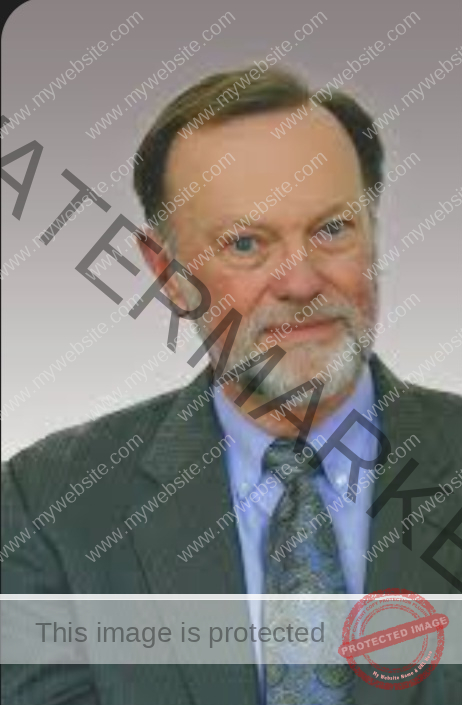
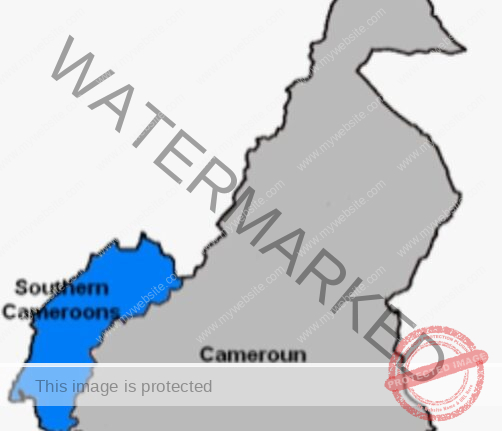


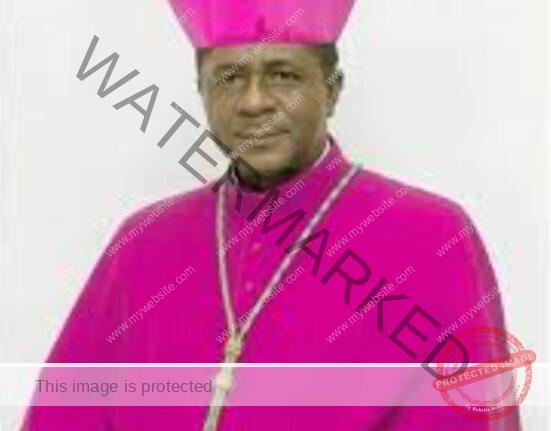
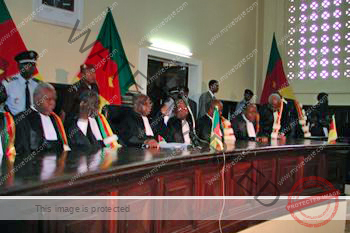
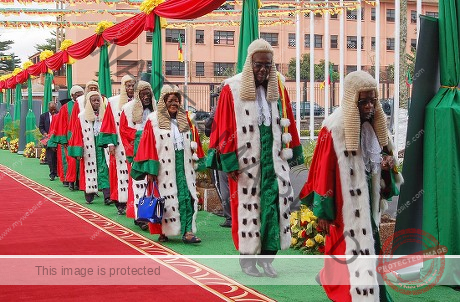

Leave feedback about this